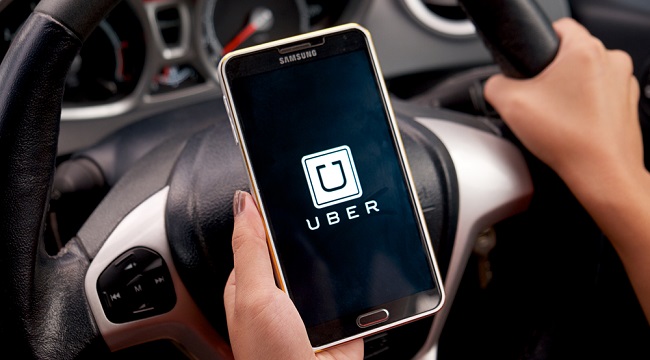
If you’ve ever thought about becoming your own boss and joining Uber, you might want to reconsider. According to new documents provided to BuzzFeed in response to a recent leak, the average take-home pay for an Uber driver was $13.25/hour — and that was before Uber’s recent price cut.
The number comes from actual trip data from drivers in Detroit, Denver, and Houston, three major cities without absurdly high costs of living. And of course, it’s an average between the three cities. Depending on where you live, you might not even hit that $13.25 average.
Take Detroit, for example: after factoring in expenses such as gasoline, insurance, and depreciation on their cars, drivers only netted $8.77/hour — less than the local minimum wage. In Houston, drivers made $10.75/hour after expenses, while in Denver, the highest of the three cities, the figure climbed to $13.17/hour.
If you’re noticing that those three figures don’t average out to $13.25, it’s because BuzzFeed conducted an independent analysis of the data, rather than relying on Uber’s models of calculation, which they said are “highly abstracted and oversimplify certain key calculations.”
And another thing to keep in mind with the numbers is the fact that not every driver earns the same amount. One Houston driver, John Cerasuolo, told BuzzFeed that getting the hang of how things worked with Uber when he first signed up in January was “frustrating and financially disappointing.” Now that he’s more experienced, he’s able to maximize the amount of money he makes. But he still works long days — a recent 11-hour day netted him $102. “I could have gone back out that night,” he said, “but I was exhausted.”
It’s a far cry from the $17/hour Uber claimed its drivers were making in 2015. That figure was based on a study that analyzed the previous year’s data from 20 cities, including New York, Los Angeles, San Francisco, and Boston, and didn’t include drivers’ expenses in it.
As Cerasuolo and other drivers told BuzzFeed, Uber needs to be more transparent about its drivers’ net income as opposed to gross income, and the fact that commissions and expenses can eat up roughly 25 percent of earnings.
“That’s not net,” Cerasuolo said. “That’s just gross. And that’s if you get lucky. That’s the best, best, best-case scenario.”
Actually, the best, best, best-case scenario is that someone leaves a briefcase full of cash in the car and you live fabulously for the rest of your life. Otherwise, you might just want to keep your day job.






